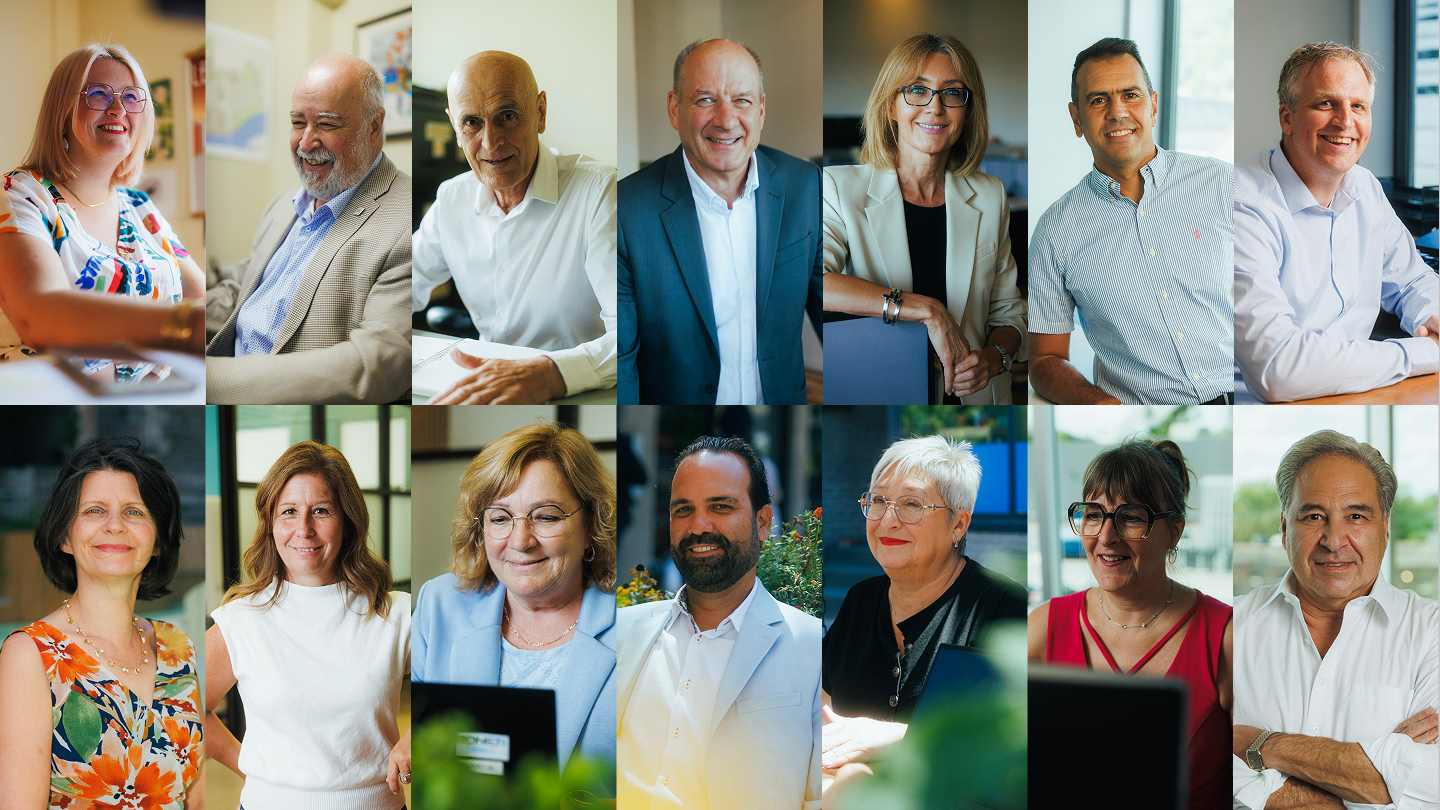Innovative solutions to better compensate employees
Topic: Human resources
Step: Growing
5 February 2022

Considering the current challenges in the area of recruitment, owners of SMEs must be more generous if they wish to attract and retain talented employees. However, upping the paycheck is not the only way to provide benefits for employees.
Abdellah Azami, Senior Director – Consulting Services and Financing for PME MTL Centre-Ville, begins: “Employers must innovate in their overall compensation practices. While a portion of compensation will always be monetary, there are other ways to reward employees."
This can involve simple initiatives like providing ergonomic work furniture (either at the office or at home) or creating a coffee niche where employees can meet during breaks, making the working environment friendlier and more welcoming. In terms of more significant transformations, there are a couple of rising trends: adopting a four-day work week, which leaves more time for employees to unwind and improves the work-family balance; and offering the option of working from abroad for a number of months (to escape the winter, perhaps).
Mr. Azami continues: “During this age of telework, this is an option that many employees will appreciate. Businesses can even offer to pay for airline tickets, because they are saving on office expenses.”
Flexibility is the key
Other initiatives are also emerging, including reviewing salaries twice per year instead of once. Lucie Besnoist, Senior Compensation Advisor at Normandin Beaudry, a total reward solutions firm, points out: “More and more, we are seeing that, when employees receive an increase in total rewards, that is more interesting and allows them to better understand their professional progress, they are more inclined to remain in their position.”
Last fall, Normandin Beaudry surveyed Canadian workers with respect to the reasons that inspire them to remain at their jobs. “What we found is that employees are seeking flexibility, not only in terms of working hours, but also other benefits. It is possible to adapt total rewards tailored to the needs of employees and offer a wider range of options, while remaining equitable,” Ms. Besnoist explains.
For example, a younger employee may prefer a financial contribution to their continued education, whereas an employee who is more established in their career may prefer a contribution to their personal pension plan.
Understanding the market
That being said, salary remains a significant factor in remaining competitive. In 2022, businesses are expecting higher increases compared to recent years. According to projections from Normandin Beaudry, managers of SMEs (fewer than 500 employees) expect increases of 3.7% on average, compared to 3.2% in 2021. “Increases are expected to be higher in SMEs with fewer than 200 employees, at an average of 3.9%”, Lucie Besnoist clarifies.
Abdellah Azami suggests that managers should always confirm that their offer is competitive before deciding on the percentage of an increase. He recommends consulting Les prévisions salariales 2022 (2022 salary forecasts – in French) issued by the Ordre des conseillers en ressources humaines agréés. This tool gives an overview of projected increases by sector.
What about bonuses? Lucie Besnoist explains: “They are less popular than they used to be, because the amount is reduced due to income taxes. In order for a bonus to be attractive to an employee, the amount has to be considerable. On the other hand, bonuses remain performance incentives, and they shouldn’t be awarded systematically.”
People first
Regardless of which strategies are adopted, it is crucial that people remain at the centre of the decisions made by businesses. Abdellah Azami insists: “You must convey the message that the employee is important, keeping in mind that salary is not necessarily at the top of the list in terms of reasons for staying at one’s job. These days, young people consider work to be a venue for self-actualization. Therefore, the employer must provide conditions that are conducive to career evolution. This includes the acquisition of new knowledge and facing exciting challenges. The goal is to create a healthy working environment.”
In terms of compensation, leaving room for new ideas can be very profitable. “You may be inspired by what others are doing, but it’s always more rewarding to create your own model based on the specific characteristics and requirements of your business”, Mr. Azami concludes.
_
Related articles
5 solutions à vos défis de recruitment (in French)
Relever le défi de la rétention des employés (in French)
Boîte à outils: Gestion des ressources humaines en entreprise (in French)
Articles
Des entrepreneurs qui font la différence
PME MTL vous propose des guides pratiques pour vous accompagner à chaque étape de votre parcours. Gagnez du temps avec des ressources conçues pour répondre à vos besoins spécifiques.




